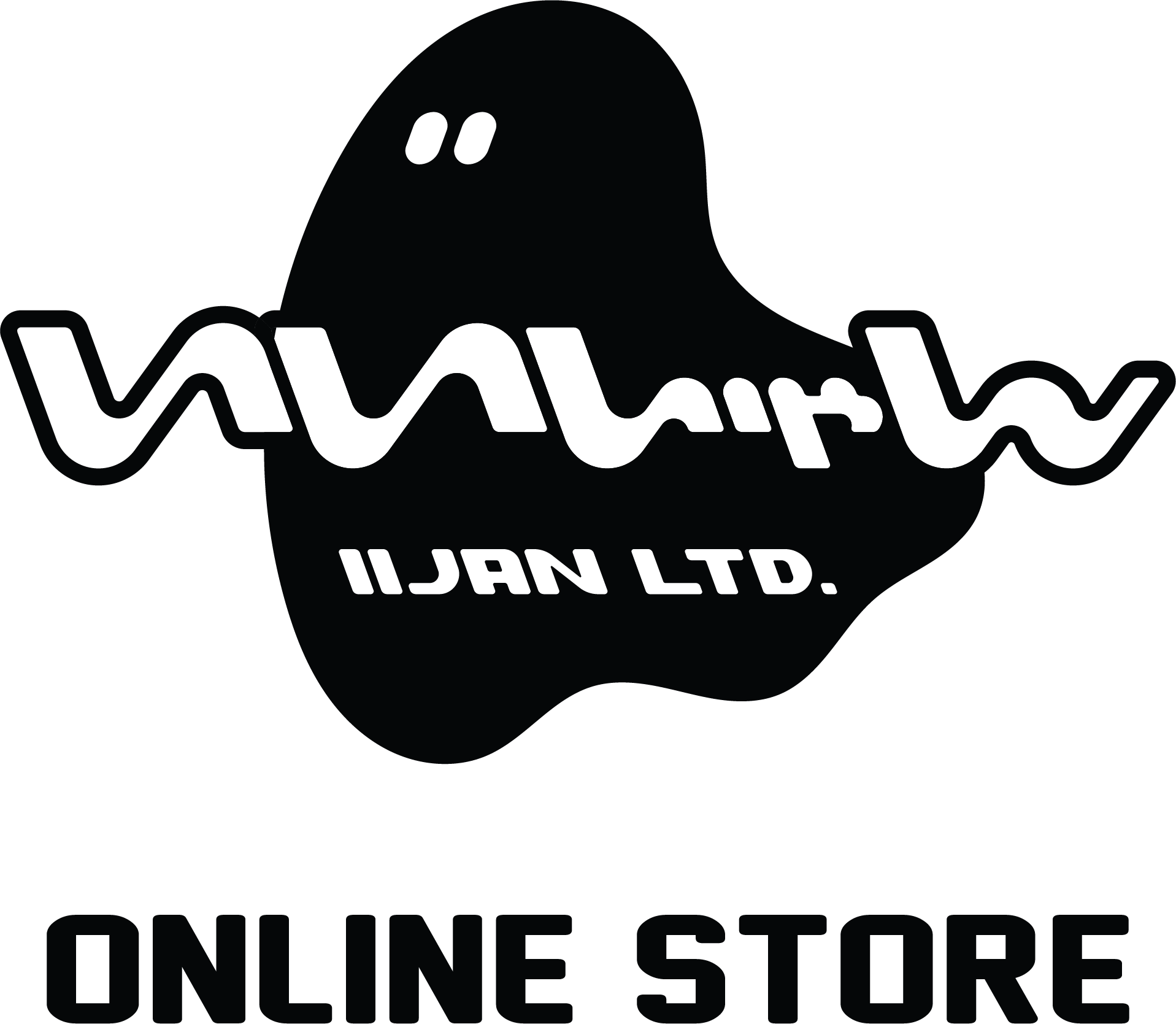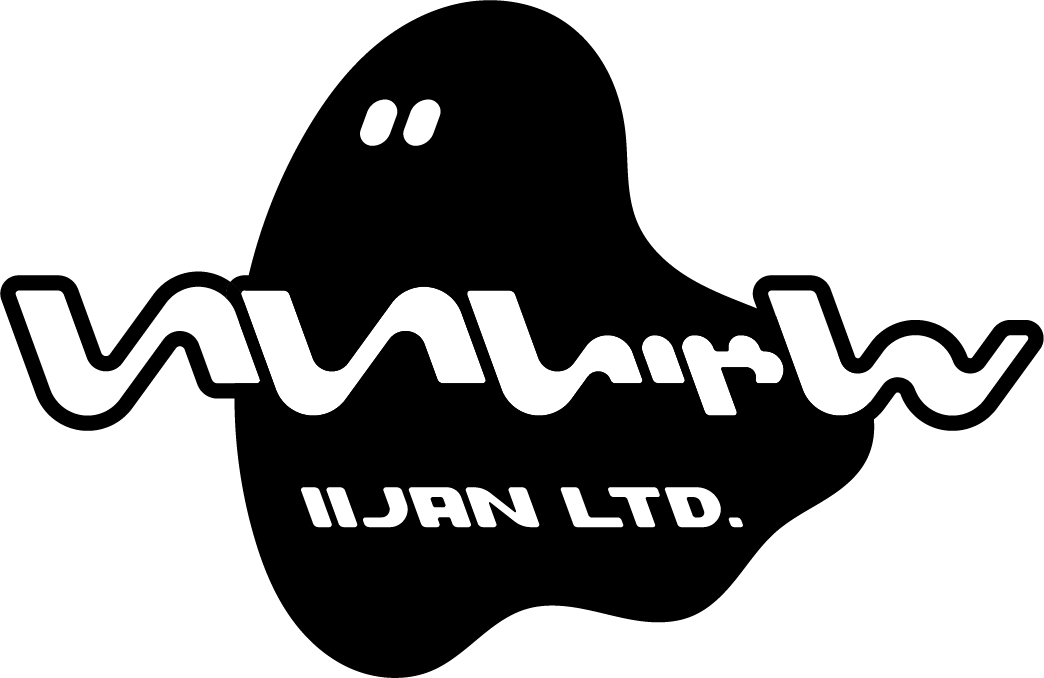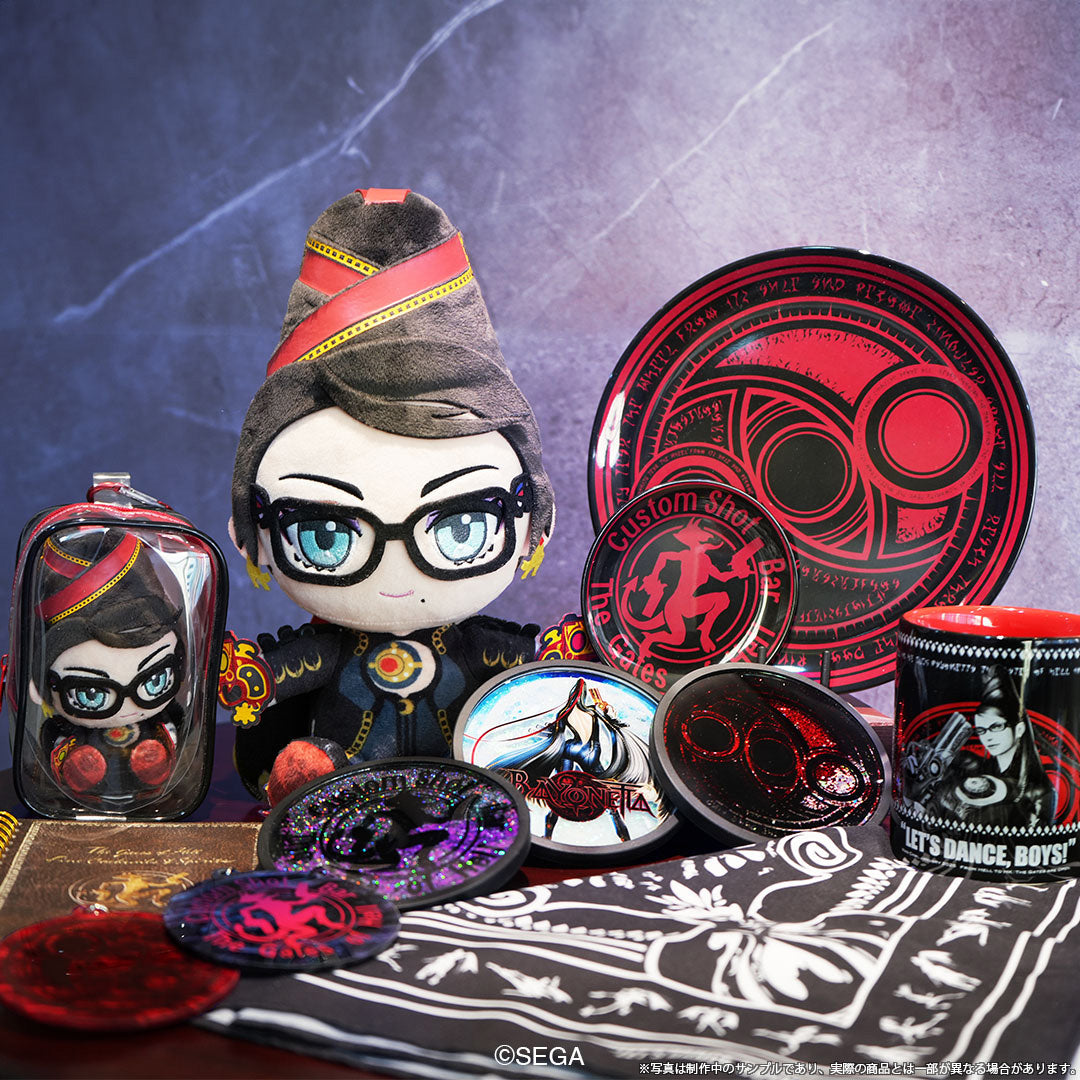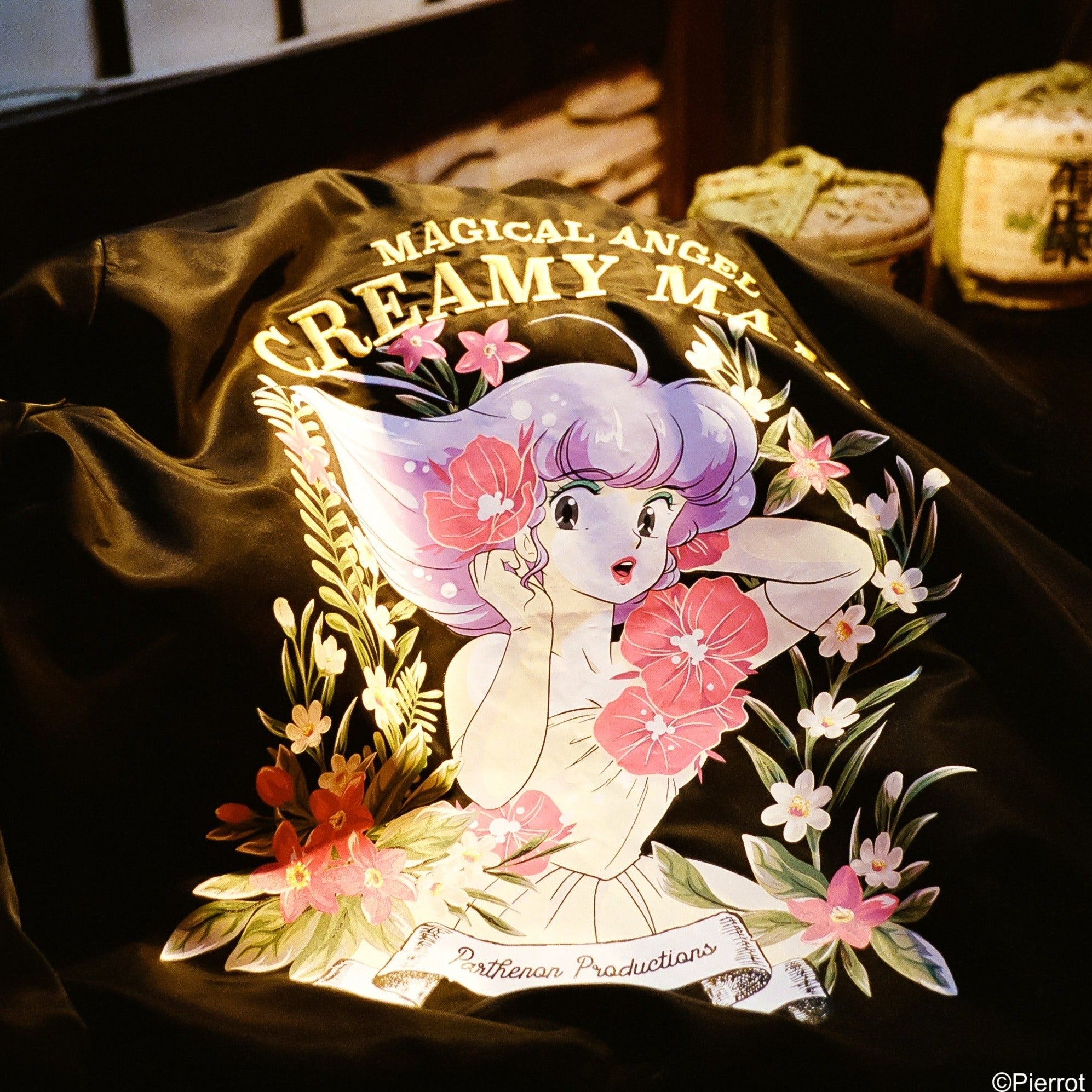【Furusato P (Producer) Anime Path】Episode 7: "What's a Demo!? The Emotions Behind Theme Songs"
What is a "Demo Tape"? A "demo tape" refers to a medium that contains audio recordings made during the production process. The term "demo" is short for "demonstration." I just googled this up now.
At that time, while working on the BGM for "Cyber Formula SAGA," music producer Fujita said, "I'll prepare a demo for the theme song, so please wait a bit." I didn't know the meaning of "demo" in the music industry.
Meanwhile, Fujita commissioned several composers to create the "theme song." He conveyed the image, sent materials, and held meetings and discussions. The composers studied the characters from "Cyber Formula SAGA" using the provided materials. They read the story, watched past videos, and expanded their imagination. Then, they composed speedy and dramatic melodies that suited "Cyber Formula."
Using various instruments, often synthesizers, guitars, or keyboards, they roughly completed a half-size (90-100 seconds) version of the song. At that stage, there were no lyrics, so some composers inserted their own voice singing "lalala" for the melody part. Others might even sing with provisional lyrics that fit the melody.
The completed audio "demo" was recorded on a cassette tape, becoming the "demo tape" that arrived in our hands. That's when I first understood the meaning of a "demo tape."
Nowadays, MP3 files are sent via email, but back then, the internet wasn't widely used, and email exchanges were just starting to become common. Nowadays, instead of tapes, we use data, so perhaps they call them "demo data"? No, I've never heard that term. It might be more like "I'll send you the demo," without specifying the medium.
Back then, the demo, which contained several candidate melodies for the theme song, was recorded on an analog cassette tape. We listened to these to decide which one fit as the opening theme song and which one fit as the ending theme song. We might also request changes to certain parts of the melody or chorus.
A few years ago (around the time of Cross Ange), it became common to receive demos with Vocaloid voices included in the tracks made on a computer. This change reflects the times.
I would like to write more about the theme song for "Cyber Formula SAGA."
We had a meeting about the theme song with music producer Fujita, director Mr. Fukuda, and me. First, we listened to Fukuda's image of the song. Like the BGM, it was understood that we wanted a slightly more mature song. Here, we delved deeper into Mr. Fukuda's thoughts and ideas. He emphasized that one of the keys to the anime's success was having a memorable opening theme song. He strongly stated that the quality of the theme song could greatly influence the overall success of the work, raising the stakes significantly. After the meeting, Fujita and I had a strategy session. I remember us looking at each other.
So, I had various discussions with Fujita.
Fujita was from Iwate Prefecture, and since I am from Aomori Prefecture, we were geographically close. Both being from the Tohoku region on the Pacific side and sharing a love for tokusatsu like Ultraman, I felt a certain connection with him, making it seem like we had known each other for a long time.Additionally, Mr. Fujita's hairstyle—or rather, his hair color—was quite distinctive, changing from red to blue each time we met. Nowadays, seeing young people with flashy hair colors walking around isn't unusual, but back then, it was quite unique.
Incidentally, during his early career, Mr. Fujita worked at Columbia Records and was on his "anime music road." Moreover, he was the producer responsible for the BGM and ending theme of "Ultraman Gaia."
I was particularly fond of the idea of racing in music, as reflected in the BGM composed by Sahashi, and I wanted the opening theme song to feel like a race as well! Fukuda also mentioned that he wanted to try a fast-paced, Eurobeat-style dance music, which was popular at the time.
Then, several demo tracks were submitted. Fukuda and I listened to them and selected the one that became "Identity Crisis." The song has a sense of speed, with a minor melody that emphasizes the dramatic nature of the story. The rhythm sounds like the pistons of an engine, and like the heartbeat, conveying a sense of life.
The title "Identity Crisis" in Japanese means "a state of self-loss experienced by a young person who continues to search for their identity." It signifies the process of clarifying one's existence and purpose. This idea of young people burdened with their "nature" seeking their identity and purpose feels like one of the themes of "Cyber Formula SAGA." In the lyrics, there is a line that says, "I hear whispers beyond the deep darkness, who are you?" In a sense, this is a search for oneself, an eternal theme.
The lyricist, Fukuda, and I never met directly to discuss the lyrics. The lyricist read the script, and then Fujita gave the orders for writing the lyrics. I think the lyricist is very skilled at extracting the essence (themes and concepts) from the project proposal and script and weaving them into words.
In the ending theme song "WILD at HEART," there's a line, "Where is the answer you're seeking hidden? Adults won't teach you anything." This feels like a response to the opening theme song.
The ending theme of volume 4, "Believe," is written from a female perspective. The opening lines, "Whether I'm by your side, far away, or wherever I am, I'm always thinking of you, so always feel it," express Asuka's feelings towards Hayato. "Believe" seems to convey Asuka's feelings as she watches Hayato's impatience. This was when I realized, seeing what Fujita was doing, that there are ways to convey the themes and messages of the drama through songs and music outside the main anime.
I felt it was important to imbue the opening theme song, ending theme song, insert songs, previews, commercials, and other public-facing elements with some kind of sentiment from the creators. Since then, in every work, I've always tried to communicate information to the audience, viewers, and fans in some form.
At that time, I was able to attend the recording sessions for the opening theme songs and such. Everything I saw and learned there was new to me. Since I was only familiar with voice-over studios, it was my first time visiting a music recording studio and attending a recording session.
I greeted the vocalist, CaYOCO, gave a brief explanation of "New Century GPX Cyber Formula SAGA," and then the recording began. First, a microphone test was conducted. The director was the music producer, Fujita. There were also an engineer and an assistant present. As the main recording began, Fujita gave directions. After singing a few times, CaYOCO's voice seemed to warm up and gain a richer tone. She sang the full version about ten times if I recall correctly. After that, she re-sang any parts that needed improvement. The entire process took about an hour and a half.
When a song is sung repeatedly, the throat can get tired, and the vocal quality can change slightly. Professional vocalists show minimal changes in their voice despite this. For example, I noticed that Kageyama (Hironobu) from "Cyber Formula SIN" maintained a consistent voice no matter how many times he sang.
For the ending theme song of "Angel Links", we had an elementary school student sing it, so Fujita decided we had to finish in just a few takes. He managed the session very quickly. The reason being, children lose their concentration quickly, so the recording had to be finished before that happened. Additionally, limiting the number of takes prevented changes in the child's voice. I was impressed by how much there is to know beyond just giving directions. Fujita also directed this "Angel Links" recording.
I suddenly remembered something. There was one occasion where CaYOCO performed live on stage. She sang the theme song "Identity Crisis." It was a live performance, so she couldn't redo the song like in a CD recording! The karaoke track played, and CaYOCO began to sing. Her vocal power was incredible. Even though the song has a fast tempo, she sang it so stylishly. I had heard her in the recording studio and listened to the CD, but live performances have their unique charm, and it was truly wonderful. Unfortunately, I can't remember when or where this live performance took place. It's frustrating.
Someday, I hope to have a live performance featuring songs from the "Cyber Formula" series… I want fans to hear the songs from "SAGA" and "SIN" live, but it's still something we haven't been able to do yet, which is disappointing.
P.S.:
I've also started the YouTube channel "Furusato P Anime Road" today, so please make sure to subscribe and check it out.
🔻Here is the link
https://www.youtube.com/channel/UC_jrvVljSFUhGmxpCvYuq5A
🔻Furusato P Photo Album: This Week's Photo

Naotake Furusato
Born on May 3, 1961, in Aomori Prefecture, Japan, began his career in the anime industry in 1982 as a production assistant at Nippon Animation. By 1985, he was working as a production assistant on Studio Ghibli's "Castle in the Sky." In 1987, he joined Sunrise, where he contributed as a production progress staff, setting creator, production desk, and assistant producer (AP) on projects like "Mister Ajikko" and the "Brave Series." He was promoted to producer starting with "Future GPX Cyber Formula SAGA" and went on to plan and produce 14 original animation titles, including "Outlaw Star," "GEAR Fighter Dendoh," "Go! Machine Robo Rescue," "Mai-HiME," and "Mai-Otome."
In February 2011, Furusato established his own planning company, Odd Eye Creative, Inc. He served as planner and producer for series such as "Phi Brain: Puzzle of God" and "Cross Ange: Rondo of Angels and Dragons." He also assisted in planning "Revue Starlight" and participated as an associate producer on "Grendizer U." Currently, he is involved in the gaming sector and is preparing new projects.






コメントを書く
このサイトはhCaptchaによって保護されており、hCaptchaプライバシーポリシーおよび利用規約が適用されます。